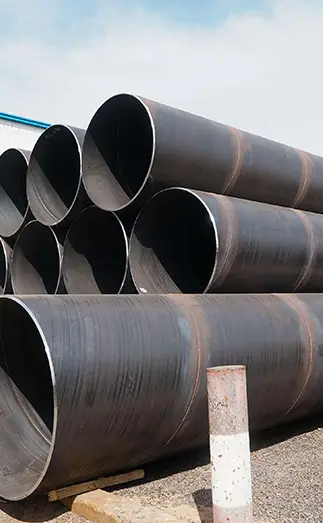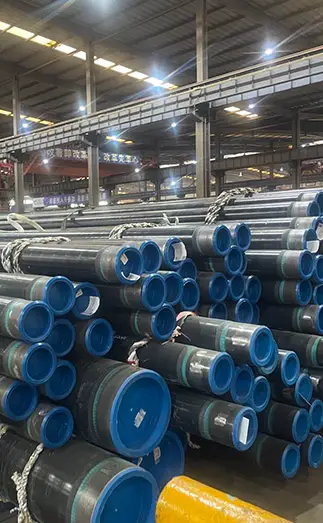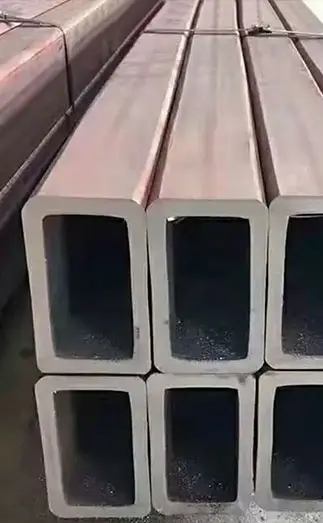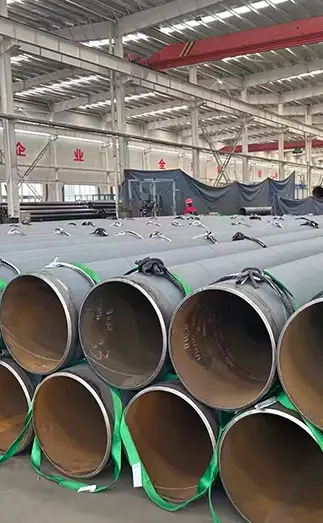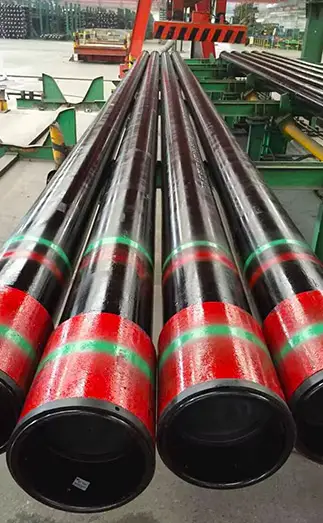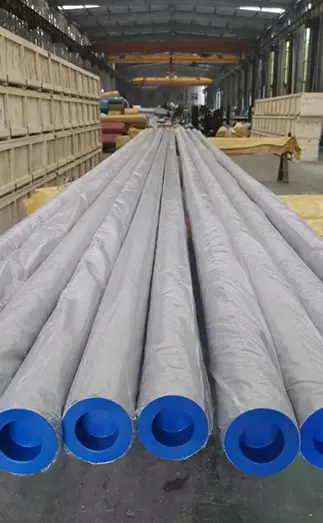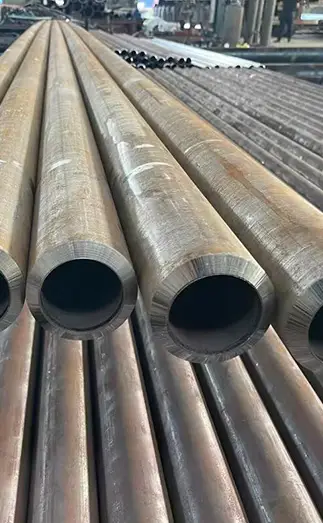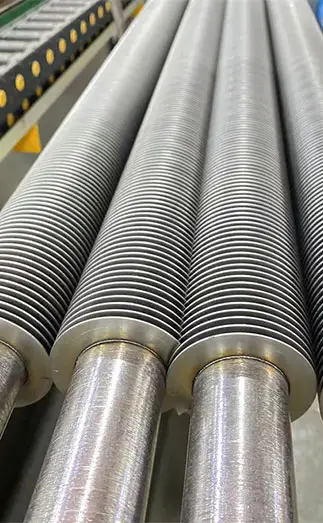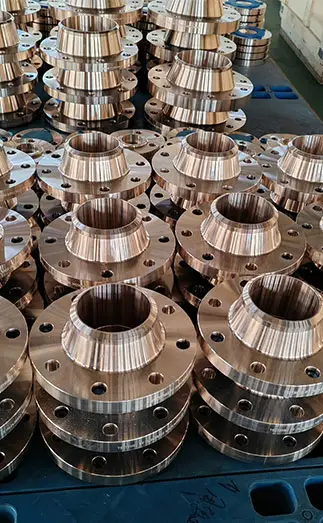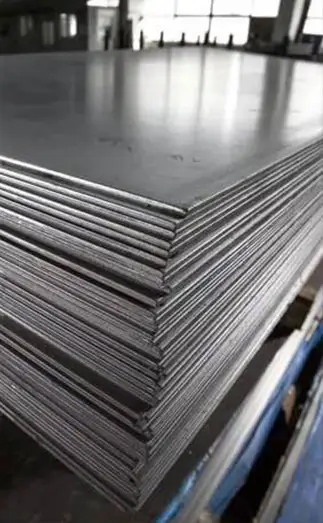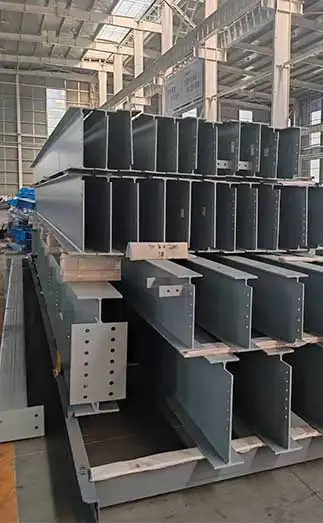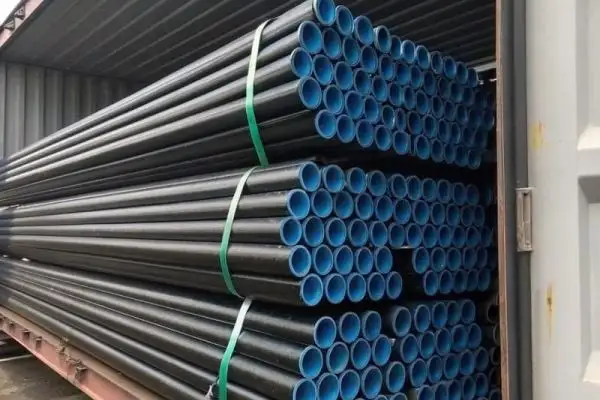In challenging drilling conditions such as oil, gas, and water wells, corrosion resistance is a critical factor in the performance and safety of drill pipes. These pipes are constantly exposed to various forms of corrosion—including chemical corrosion, electrochemical reactions, and stress corrosion cracking—which can significantly reduce their structural integrity, shorten service life, and even lead to hazardous failures. Utilizing corrosion-resistant drill pipes not only extends equipment longevity but also enhances operational efficiency and reduces long-term maintenance costs.
Therefore, selecting materials and technologies with superior corrosion resistance is essential to the success and safety of drilling operations. Below is a comprehensive overview of corrosion-resistant drill pipe materials and coatings suitable for use in harsh environments.
Super Steel Manufacturing Co.,Ltd is professional OCTG pipes manufacturer, for more details, please contact:sales@super-steels.com
Corrosion-Resistant Drill Pipe Materials
1. High-Alloy Steel
High-alloy steels, such as S135 and V150, incorporate elements like chromium, nickel, and molybdenum to significantly enhance both strength and corrosion resistance. These steels perform exceptionally well in aggressive conditions, including high-chloride, acidic, and hydrogen sulfide (H₂S) environments. For instance, S135 drill pipe exhibits excellent corrosion resistance across wellhead, mid-well, and bottom-hole scenarios.
2. Stainless Steel
Drill pipes made from stainless steel offer outstanding resistance to corrosion, particularly in offshore drilling and acidic well conditions. Composed primarily of iron, chromium, and nickel, stainless steel forms a dense and stable chromium oxide layer on its surface, which provides durable protection against corrosive agents.
3. Composite Materials
Composite materials—such as glass fiber-reinforced plastics—offer natural resistance to corrosion and are ideal for use in extreme environments. In addition to corrosion resistance, these materials are lightweight, fatigue-resistant, and well-suited for manufacturing hydraulic tubes and precision pipes used in high-pressure, corrosive conditions.
Corrosion-Resistant Coating Technologies
1. Organic Coatings
Epoxy Coatings: Known for their chemical stability and abrasion resistance, epoxy coatings are commonly applied to the inner and outer surfaces of drill pipes.
Polyurethane Coatings: These coatings offer excellent wear and impact resistance, making them suitable for operations in severe environmental conditions.
2. Inorganic Coatings
Ceramic Coatings: Composed of materials like alumina and silicon nitride, ceramic coatings provide exceptional hardness and corrosion resistance, ideal for high-temperature and abrasive environments.
Zinc Coatings (Galvanization): Zinc serves as a sacrificial layer, protecting the base metal of the drill pipe from corrosion through cathodic protection.
3. Electroplating Technologies
Chrome Plating: This treatment significantly enhances surface hardness and wear resistance.
Nickel Plating: Known for its superior corrosion and fatigue resistance, nickel plating is a preferred choice in aggressive drilling conditions.
Industry Standards and Certifications
To ensure product reliability in demanding environments, corrosion-resistant drill pipes must comply with international standards such as:
API 5DP – Specifications for drill pipe design and performance.
ISO 11960 – Standards governing the use of steel pipes in the oil and gas industry.
These standards cover material selection, manufacturing processes, testing procedures, and quality assurance protocols to guarantee safety and durability.
Conclusion
In corrosive and extreme drilling environments, selecting the right combination of corrosion-resistant materials and protective coatings is essential. High-alloy steel, stainless steel, and advanced composites offer excellent base-level resistance, while technologies like organic coatings, ceramic layers, and electroplating provide added durability. Adherence to recognized industry standards ensures product quality and operational safety. With proper material selection, coating application, and routine maintenance, drill pipe longevity can be maximized—leading to safer operations and more efficient drilling performance.



 English
English Español
Español Français
Français بالعربية
بالعربية